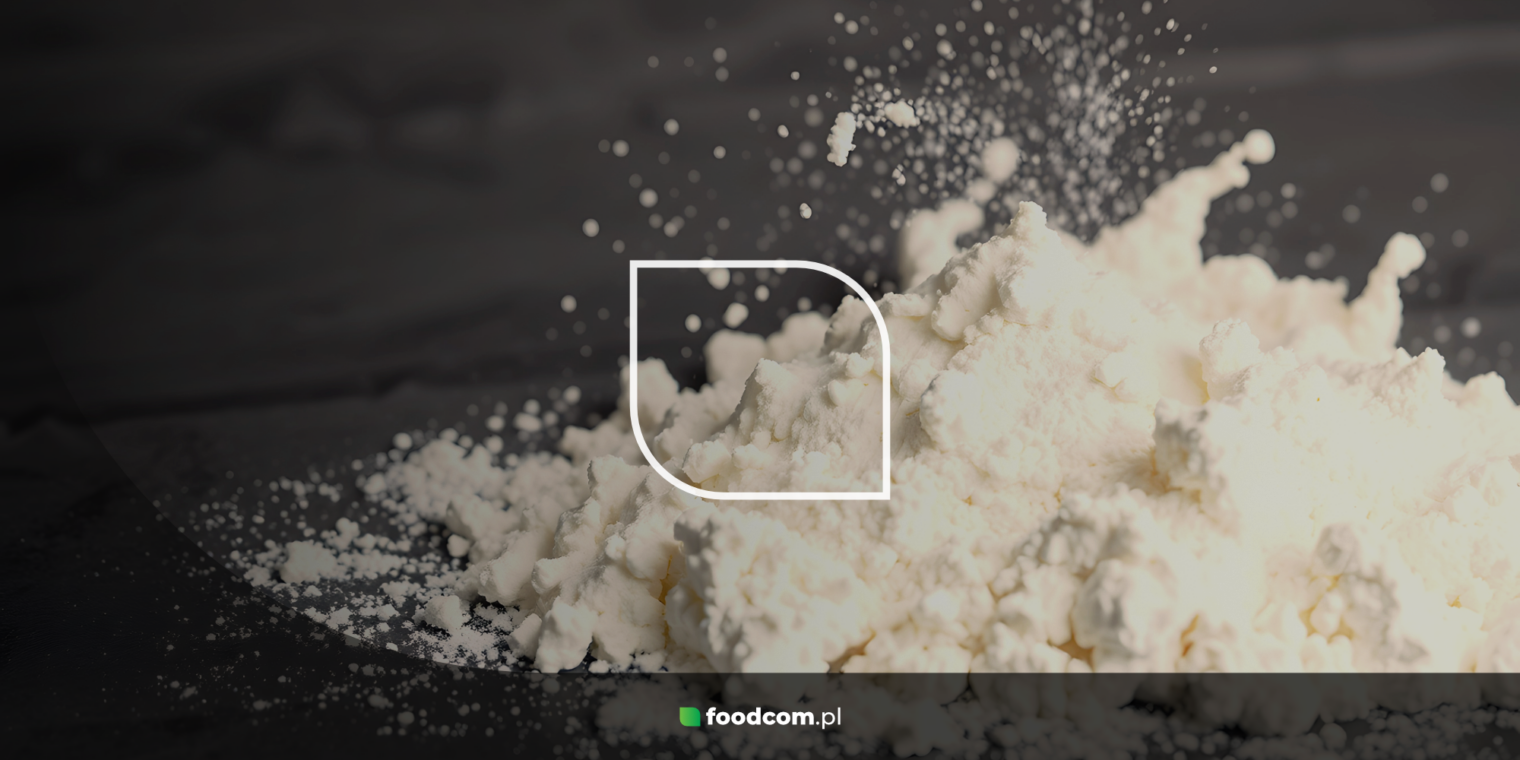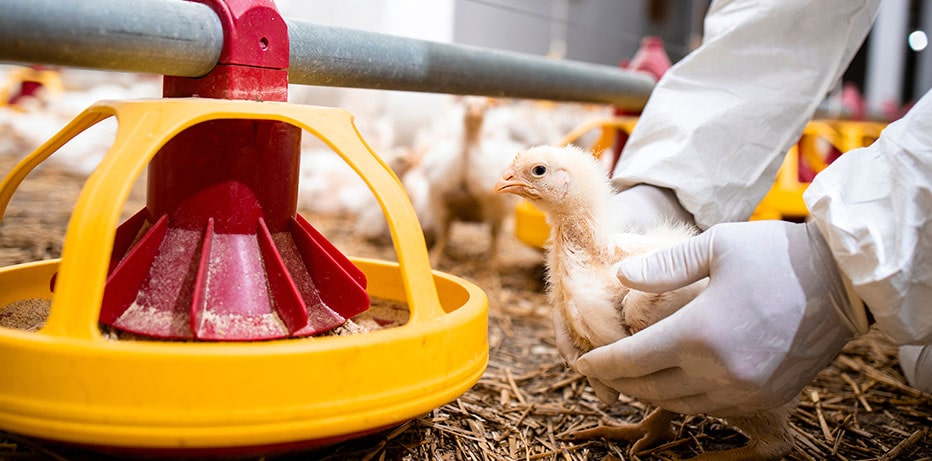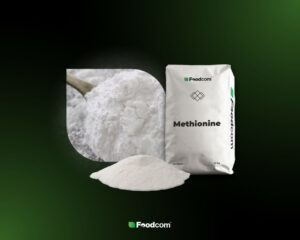- Methionine is an essential amino acid that is not synthesised by the human body.
- The key role of Methionine is in the process of protein production.
- It is often added to animal feed because it is involved in the development and growth of the digestive tract.
What is Methionine?
Methionine is an essential amino acid, but an exogenous one, i.e. it cannot be synthesized by the human body. It is vital for health and must therefore be supplied with food.
Methionine is an α-amino acid used in the biosynthesis of proteins. It contains a carboxyl group, an amino group located in the α-position to the carboxyl group, and an S-methyl thioether side chain. Together with cysteine, it is one of the two sulfur-containing amino acids.
This amino acid occurs naturally in zoonotic products such as milk casein, eggs, meat, fish and dairy products – especially milk and cottage cheese – but also in cereal grains, sesame seeds and Brazil nuts. Methionine can also be obtained synthetically. However, it should be remembered that prolonged cooking, soaking of food and high temperatures can destroy the amino acid structure and reduce the Methionine content in the product.
Methionine properties
Methionine is a colorless or white solid with a faint odor and sulfurous taste. These are some of its properties:
- antioxidant – by enabling the synthesis of glutathione, thus protecting the body from the harmful effects of free radicals and toxins;
- antidepressant – by promoting the production of serotonin;
- anti-atherosclerotic – by regulating homocysteine levels;
- anti-allergic – by reducing the level of histamine in the blood;
- detoxifying – by supporting the detoxification process of heavy metals;
- soothing – by relieving arthritic pain;
- protective – by preventing liver damage and urinary tract infections by inhibiting the growth of bacteria.
It is clearly evident that this amino acid is involved in and essential to many processes in the human body.
Functions of Methionine
Methionine is one of the nine essential amino acids, so its action is very versatile and affects many different organs.
The role of Methionine is to build proteins, together with cysteine it is beneficial for joints, protecting them from chronic arthritis and participating in many metabolic processes of the body. Also, together with cysteine, they are the only amino acids that contain sulfur, which strengthens and rebuilds joint cartilage.
In addition, Methionine promotes the growth and renewal of tissues in the body. It also supports the synthesis of keratin, improving the color and elasticity of skin, hair and nails. Methionine also contains sulfur, which also has a positive effect on the condition of hair, skin and nails.
Methionine also acidifies urine and bile, preventing their infection by preventing the precipitation of deposits in the urinary and biliary tracts.
Methionine deficiency leads to an increased risk of atherosclerosis, but can also cause anemia, brittle hair and nails, and poor skin condition. Excess, in turn, leads to headaches, nausea and vomiting, lethargy or hyperacidity of the body.
Uses of Methionine
Because Methionine is so important to our health, it is mainly used in the pharmaceutical industry to make dietary supplements for people with Methionine deficiencies. Since Methionine plays a role in the process of protein production, some professional bodybuilders take this amino acid as a dietary supplement to achieve rapid muscle mass gain.
In addition, this amino acid is sometimes given to dogs as a dietary supplement because it helps reduce the risk of kidney stones in dogs and increases the excretion of quinidine via the urine by acidifying the urine. Methionine is also present in animal feed, as an additive for poultry.
Methionine can be used as a non-toxic pesticide to control giant swallowtail caterpillars.
Methionine in animal feed
Animals also cannot produce Methionine themselves and must therefore obtain it from their food. This amino acid is an important component of animal feed because it is involved in digestive tract development and growth performance. It also helps increase muscle mass and feather development, and improves egg production in poultry. Methionine in animal feed also improves the immune system of animals.
It is also added to the feed of cows, especially those that require increased amounts of Methionine for milk production. This amino acid also leads to fewer health disorders and a lower number of pregnancy losses. Methionine is also used in piglet nutrition, because it is partly responsible for creatine synthesis.
Experienced breeders use Methionine to achieve good production results, but also to reduce costs and nitrogen emissions to the environment.
Why Foodcom?
Our great team of Sales Support will help our Traders conduct the contract and business deals in a smooth and efficient way to ensure the best quality service to all our Business Partners. Our logistics team will take care of transportation and the financial department will be responsible for all matters connected with the financial part of the deal. Do not hesitate! Contact us.










